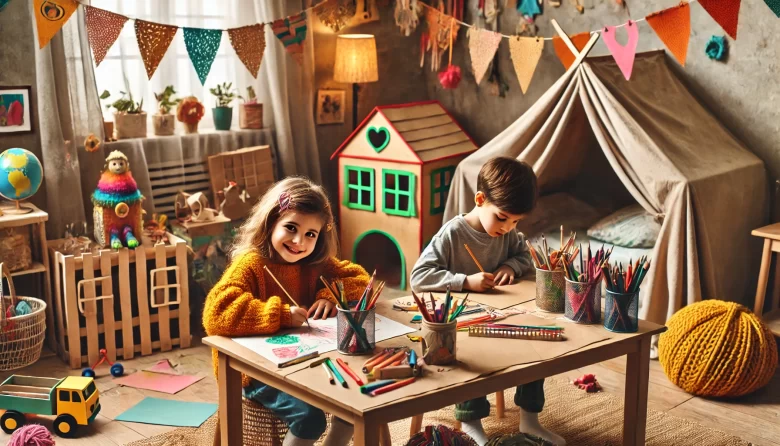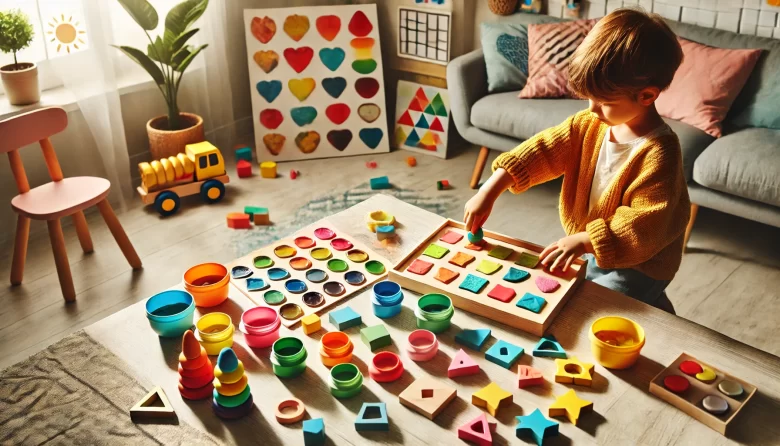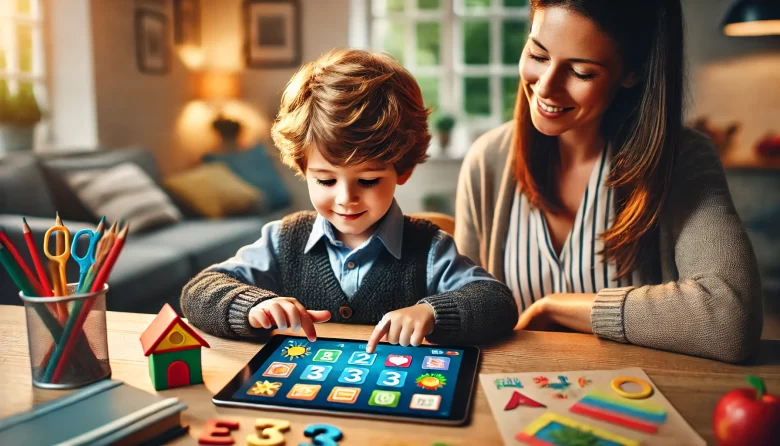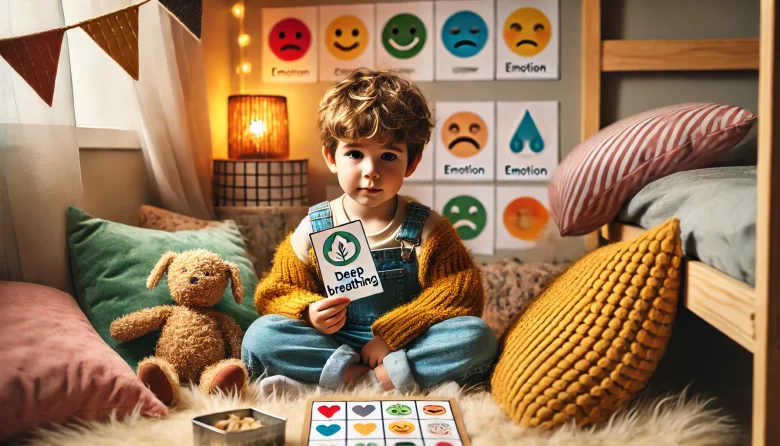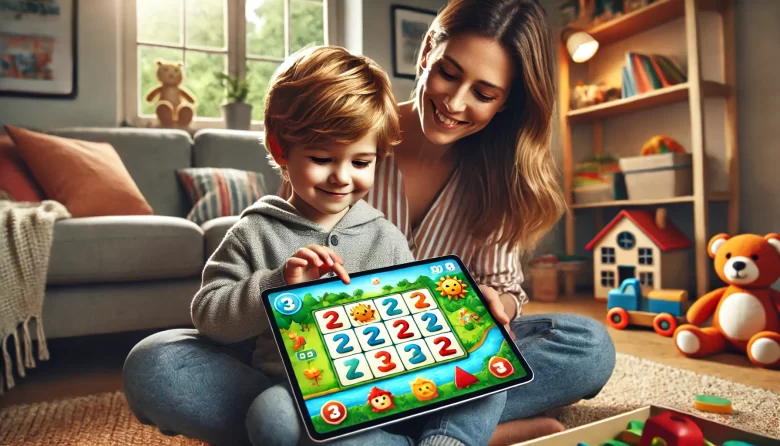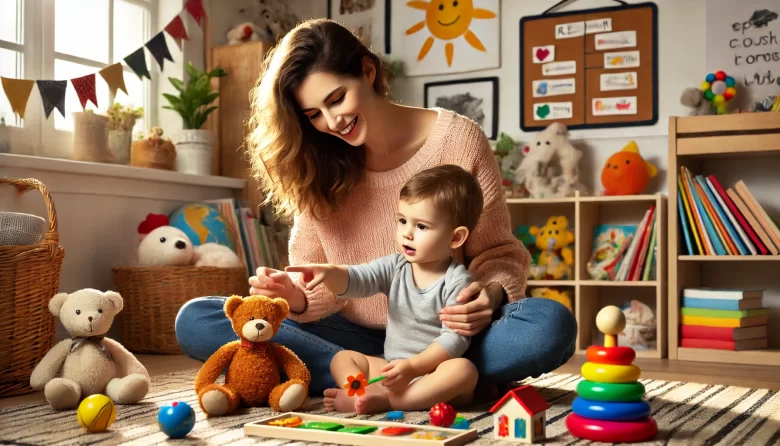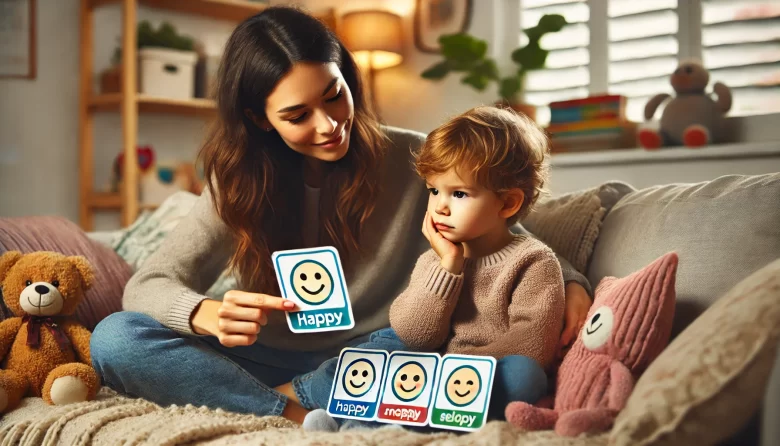Children between the ages of 2 and 5 are naturally curious and eager to learn. At this stage, play is the most effective way for them to develop cognitive, motor, and social skills. Educational games help improve memory, problem-solving abilities, language skills, and creativity while making learning fun. You don’t need expensive toys to keep …
Teaching colors and shapes to young children is an essential step in early childhood education. Recognizing different colors and shapes helps develop observation skills, improves vocabulary, and lays the foundation for future learning in math and art. The best way to introduce these concepts is through play! Here are some fun and interactive activities to …
Technology has revolutionized education, making learning more engaging, interactive, and personalized. Instead of relying on passive screen time, parents and educators can use technology to create dynamic activities that encourage critical thinking, problem-solving, and creativity. But how do you integrate technology in a way that actively engages young learners? In this comprehensive guide, we’ll explore: …
Storytelling is one of the most powerful tools for childhood development. It helps children build language skills, enhances their imagination, and strengthens emotional bonds with caregivers. More than just reading words from a book, storytelling is an interactive experience that can spark curiosity, foster creativity, and create lasting memories. In this article, we’ll explore the …
Emotions play a crucial role in a child’s development, affecting their behavior, relationships, and ability to handle challenges. While children naturally experience a wide range of emotions, they don’t always know how to express them in a healthy way. Teaching kids how to understand, regulate, and express their feelings helps them build emotional intelligence and …
Gratitude and generosity are essential values that help children develop kindness, empathy, and appreciation for what they have. When children learn to express gratitude and share with others, they build stronger relationships and develop a positive mindset that lasts a lifetime. Teaching these values doesn’t have to be complicated—it can be incorporated into everyday moments, …
Video games have long been a topic of debate in early childhood education. While some believe they are merely distractions, research shows that well-designed video games can support cognitive development, problem-solving skills, and social learning. So, how do video games positively or negatively impact a child’s learning experience? And how can parents ensure they are …
Language development is a crucial milestone in a child’s early years, but every child progresses at their own pace. While some toddlers start talking early, others may take more time to develop verbal skills. If your child is a late talker, it’s natural to feel concerned, but in most cases, this delay is not a …
Emotional intelligence (EQ) is just as important as academic skills in a child’s development. It helps children understand their emotions, empathize with others, and manage challenges effectively. Teaching emotional intelligence at home equips kids with essential life skills, improving their relationships, problem-solving abilities, and overall well-being. In this article, we will explore what emotional intelligence …
Shyness is a natural personality trait, and many children experience moments of hesitation in social situations. While some children naturally outgrow their shyness, others may need encouragement to build confidence and express themselves more openly. Helping a shy child feel comfortable speaking up and engaging with others can boost their self-esteem, improve their social skills, …

